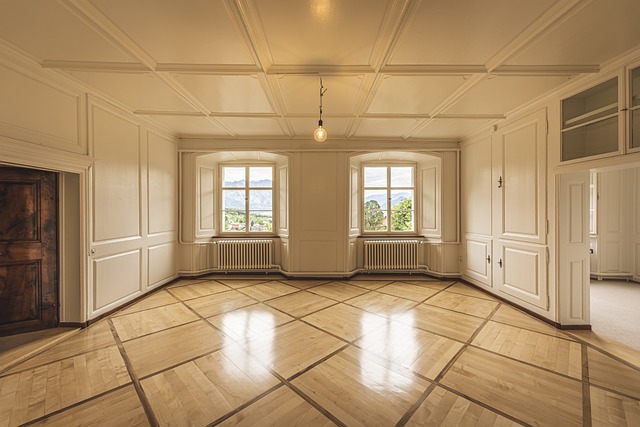In recent years, discreet in-home monitoring systems tailored for senior residents have gained popularity due to growing concerns about elderly health and safety. These systems offer a personalized approach that respects independence while providing peace of mind, leveraging advanced technologies like fall detection sensors, smart home monitoring devices, and video monitoring. Senior home monitoring platforms integrate these tools to enable non-intrusive privacy-preserving care, with real-time alerts through remote monitoring apps for swift caregiver responses. Despite benefits, remote monitoring raises critical privacy and ethical concerns, which can be addressed through robust encryption, secure data storage, and adherence to ethical guidelines. These systems enhance quality of life, enable early health interventions, and promote proactive care.
In the realm of elderly care, discreet monitoring systems have emerged as a game-changer, offering peace of mind and enhanced safety for senior residents. As the population ages, understanding the unique needs of elders is paramount. This article delves into the world of in-home monitoring for seniors, exploring innovative technologies like fall detection sensors, video monitoring, and smart home devices. We discuss the benefits for caregivers while addressing privacy concerns, presenting a comprehensive overview tailored to senior health monitoring.
- Understanding the Needs of Elderly Residents: A Comprehensive Overview
- The Rise of Discreet In-Home Monitoring Systems for Seniors
- Key Components and Technologies in Senior Home Monitoring
- Privacy, Ethics, and Benefits: Remote Monitoring for Elderly Caregivers
Understanding the Needs of Elderly Residents: A Comprehensive Overview
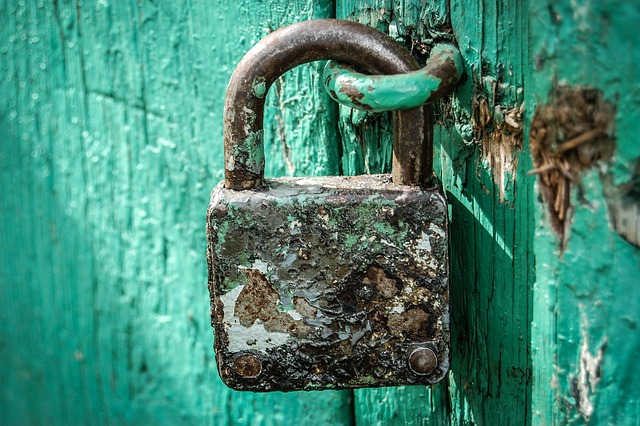
Understanding the needs of elderly residents is paramount when designing discreet monitoring systems. As people age, they often face various health challenges and may require constant supervision to ensure their safety and well-being. In-home monitoring for seniors offers a convenient solution, allowing them to maintain independence while receiving necessary care. Senior home monitoring systems, equipped with elderly health monitoring devices, can track vital signs, detect falls, and provide timely assistance when needed.
Fall detection sensors for seniors are especially crucial given the heightened risk of accidents in older adults. Remote monitoring for elderly allows family members or caregivers to keep an eye on their loved ones from a distance, ensuring peace of mind. Smart home monitoring for seniors integrates advanced technologies like video monitoring, enabling real-time communication and quick response during emergencies. These systems cater to the unique needs of the elderly, enhancing their quality of life while offering valuable support when it matters most.
The Rise of Discreet In-Home Monitoring Systems for Seniors
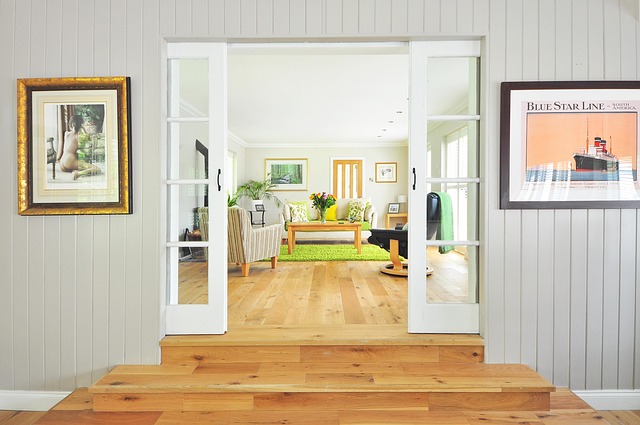
In recent years, there has been a significant rise in the adoption of discreet in-home monitoring systems tailored for senior residents. This trend is driven by the growing awareness and concern for elderly health and safety, especially as the global population ages. Traditional methods of care, often involving frequent visits from caregivers or healthcare professionals, can be intrusive and may not always capture the unique needs of each individual. In-home monitoring for seniors offers a discrete and personalized solution, empowering them to maintain their independence while ensuring peace of mind for family members and caregivers.
Elderly health monitoring devices, ranging from fall detection sensors to smart home monitoring systems, have become increasingly sophisticated. These technologies not only detect falls but also track vital signs like heart rate and sleep patterns, providing real-time data that can be remotely monitored by healthcare providers or loved ones. Video monitoring for elderly adds another layer of safety, allowing caregivers to observe and interact with seniors from a distance. This shift towards remote monitoring for elderly reflects a broader trend in the industry to leverage technology for better senior care, enhancing quality of life while optimizing resource allocation.
Key Components and Technologies in Senior Home Monitoring
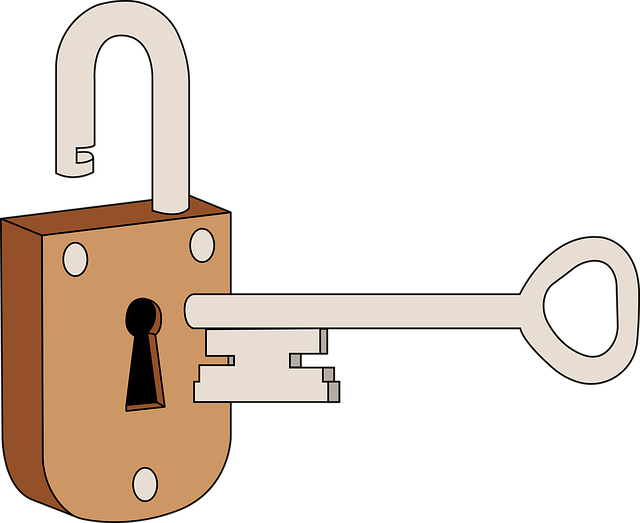
Discreet monitoring systems tailored for elderly residents leverage a combination of advanced technologies to ensure their safety and well-being in the comfort of their homes. Key components include in-home monitoring for seniors platforms that integrate smart home monitoring for seniors devices, such as fall detection sensors for seniors, elderly health monitoring devices, and video monitoring for elderly. These devices are designed to be non-intrusive, preserving the privacy of the residents while providing peace of mind to caregivers.
The systems typically offer real-time alerts through remote monitoring for elderly applications, allowing family members or professional care providers to quickly respond to emergencies. Advanced video monitoring capabilities enable visual assessment of the senior’s daily activities and health status, complementing the data collected by sensors. Together, these technologies create a comprehensive senior home monitoring systems ecosystem that caters to the unique needs of elderly individuals while promoting independent living.
Privacy, Ethics, and Benefits: Remote Monitoring for Elderly Caregivers
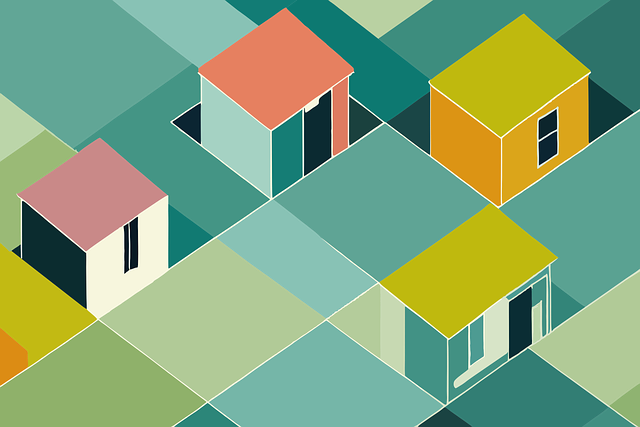
Privacy, Ethics, and Benefits: Remote Monitoring for Elderly Caregivers
When considering remote monitoring for elderly care, privacy is a paramount concern. Caregivers must balance the benefits of constant vigilance with the right to an individual’s personal space and autonomy. Smart home monitoring systems equipped with video surveillance and fall detection sensors for seniors should incorporate robust data encryption and secure cloud storage to safeguard sensitive information. Ethical guidelines are essential to ensure that caregivers use these tools responsibly, only intervening when necessary, and respecting residents’ privacy at all times.
Despite ethical considerations, the advantages of remote monitoring for elderly care are substantial. These systems enable caregivers to monitor senior health from afar, providing peace of mind and immediate response during emergencies. Elderly health monitoring devices can detect falls or unusual activity, alerting caregivers so they can take prompt action. In-home monitoring for seniors and senior home monitoring systems also facilitate proactive care, allowing for early intervention in cases of deteriorating health conditions, thereby enhancing overall quality of life.
Discreet monitoring systems tailored for elderly residents represent a significant advancement in senior care, offering peace of mind and enhanced safety through innovative technologies like fall detection sensors, intelligent video monitoring, and smart home integration. By prioritizing privacy, ethics, and the well-being of seniors, remote monitoring empowers caregivers to provide better support while respecting individual autonomy. Embracing these advanced systems can significantly contribute to maintaining the health and independence of the elderly in their homes.
